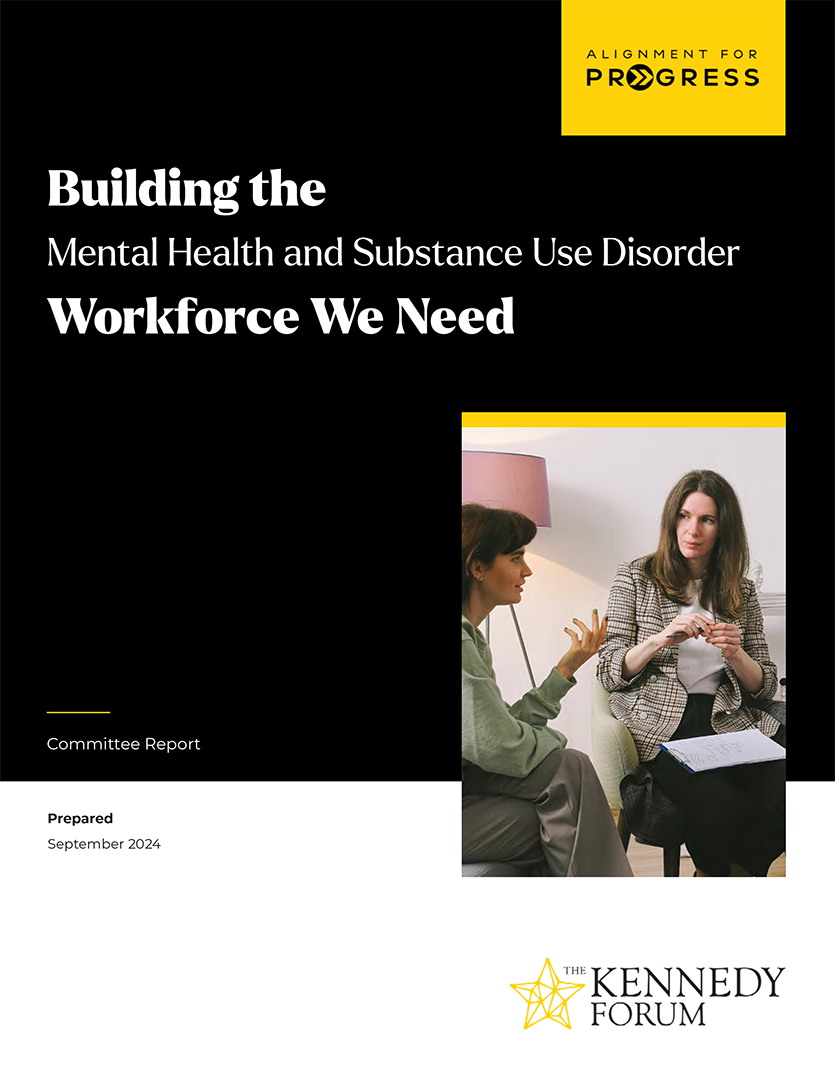Peer Specialist
A peer specialist, also known as a peer support worker, peer recovery coach, or peer advocate, is a mental health professional who has personal experience with a mental health condition, substance use disorder, or both, and has been trained to help others with similar challenges.
Lived experience is a person’s understanding and representation of their own human experiences, choices, and options, and how these factors influence their perception of knowledge.
Potential Costs
Education$0-$2,000
ExperienceTypically, no direct cost
Field Experiential Training$500-$2,000
License/Certification$100-$300
Potential Return on
Educational Investment
Range of Total Cost$600-$4,300
Salary RangeNational Average:
$35,000 –
$45,000
Timeline
EducationTypically, 4 years
ExperienceTypically, 0-2 years of relevant lived experience
Field Experiential trainingWeeks to months
License/Certification3-6 months
Career Path
Education
Challenge
Loan repayment programs often focus on the tax status of the employing institution, without considering other factors such as whether it is a critical provider in an underserved community.
Solutions
Experience
Challenge
Individuals may have personal challenges related to MH/SUD recovery that impact their ability to pursue and achieve PSS certification.
Solution
Offer support groups.
License/Certification
Challenge
Differences in provider credentialing requirements across states and across health insurers in the same state. Different and conflicting requirements can make it difficult to move states, provide telehealth across state lines, or serve populations covered by different kinds of insurance.
Solutions
Potential Challenges Along the Path
Peer workers in the MH/SUD field face several challenges, including potential stigma and misunderstanding of their role within treatment teams and lower wages. They can deal with emotional fatigue from supporting others while managing their own recovery journeys, which may lead to burnout. Additionally, limited access to training, limited national standards, limited ability to bill for their services (in some states), and limited professional development opportunities may hinder their ability to advance in their careers and fully utilize their skills.
Data and Technology
Challenge
Telehealth may not be covered by all insurers, which creates a service gap in rural communities and for those who are unable to attend MH/SUD care appointments in person.
Solutions
Maintain telehealth access post COVID-19.
Develop telehealth data best practices.
Expand EHR utilization in MH/SUD.
Discover the Challenges and Solutions
The report “Policy Priorities for Advancing the Mental Health and Substance Use Disorder Workforce,” outlines essential policy recommendations focused on four key areas: payment and reimbursement, licensure and standardization, education and training, and data and technology.

This tool is intended as a general example of a Peer Specialist career pathway, highlighting potential challenges and solutions. Please note that the information provided may not reflect the specific requirements, certifications, or licensing necessary in your state or region. Each state has its own regulations and standards for MH/SUD care careers, and it is essential to consult relevant state authorities or professional organizations for accurate and up-to-date information. This tool is not exhaustive and should not be considered a definitive guide. Users are encouraged to seek additional resources and professional advice tailored to their individual circumstances.
